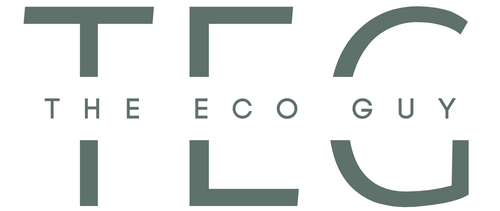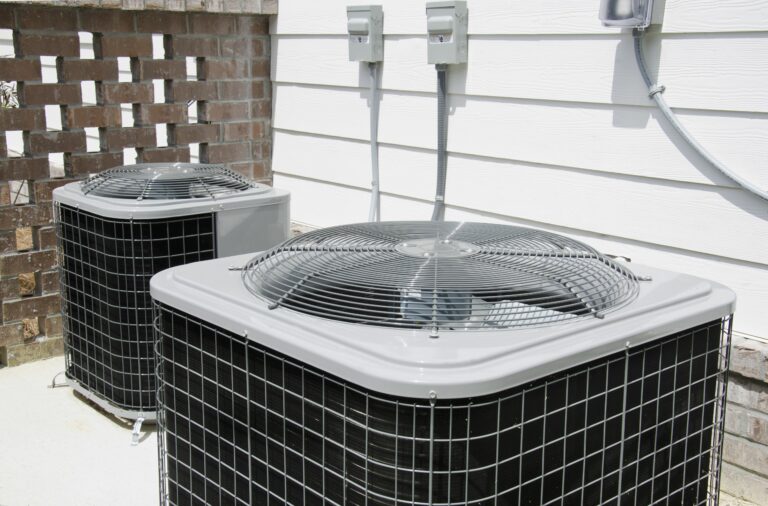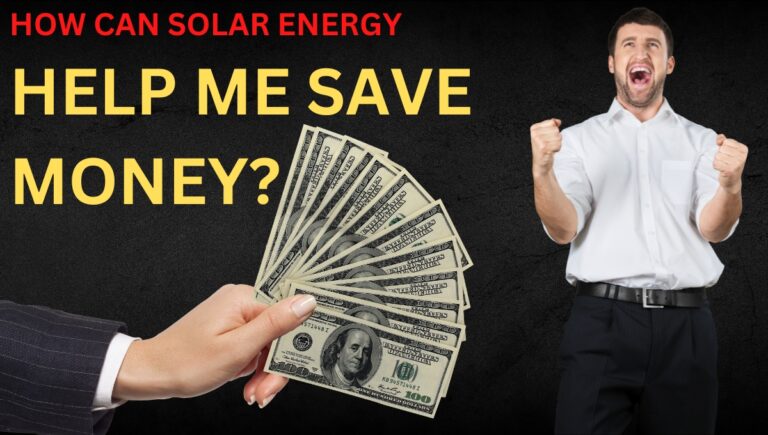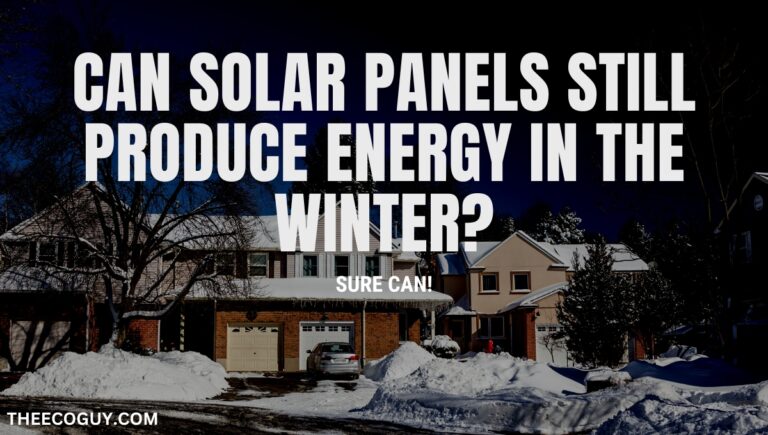Do Renters Have Options to Go Solar? (There’s More Options!)
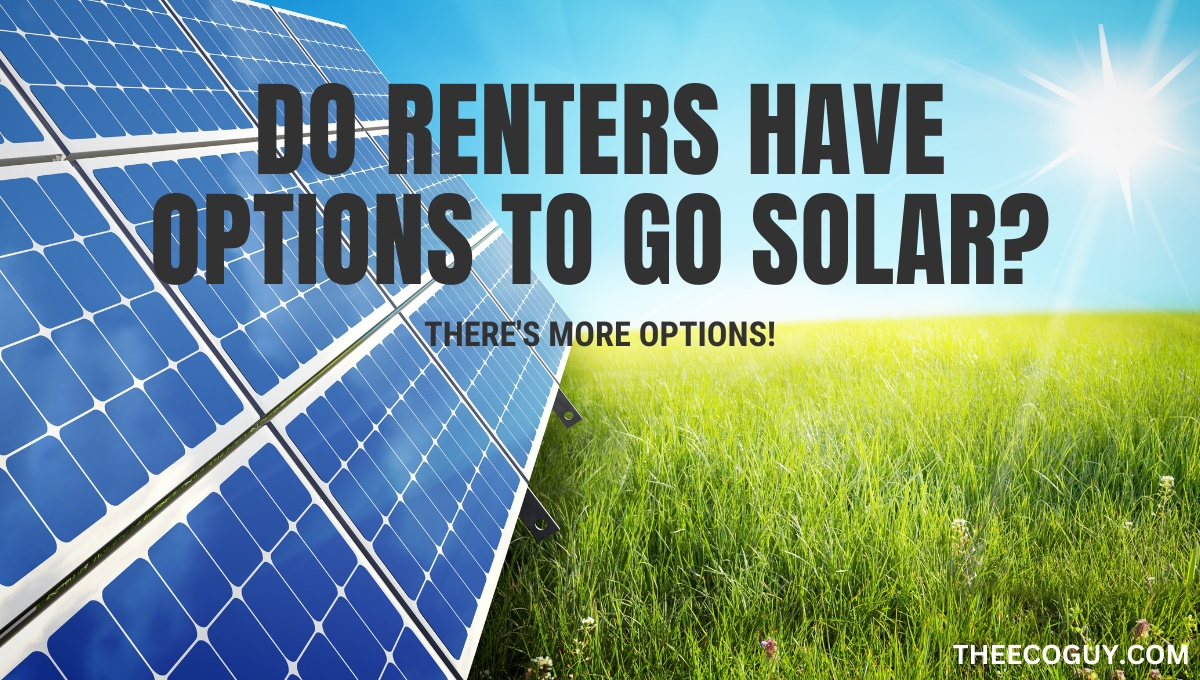
Solar energy has become an increasingly popular option for homeowners and renters alike.
Solar power provides a clean, renewable source of electricity that produces no emissions. One of the significant benefits of solar power is that it can reduce or even eliminate your electricity bill, regardless of whether you own or rent your home. Even if you’re not financially able to invest in a full-scale installation, numerous options are available to help you benefit from solar energy.
Renters may want to use solar energy because it is clean and renewable. It can help lower or even get rid of electricity bills. Even if you don’t have enough money to buy a complete system, there are other ways to use solar power. Talk to your landlord first and ask if they will let you do this. If not, there are still other options available.
In this article, we’ll discuss how renters can go solar. We’ll look at options such as leasing or renting a solar system, signing up for community solar, and investing in portable solar panels.
Challenges for Renters Going Solar
When trying to install solar panels, renters may encounter several challenges. One of the most common is getting permission from their landlord. However, even if a resident obtains permission from their landlord, there are often restrictions on what kind of installation is allowed and where it can be placed.
Renters may also have limited control over the property and cannot make the modifications needed for a solar system, such as structural changes or roof repairs. This can limit their options for going solar and may require them to look for alternative solutions.
According to a 2018 survey conducted by Solar Power Rocks, only 16% of renters had access to solar power compared to 50% of homeowners with the same option.
A 2017 National Renewable Energy Laboratory report found that “rental properties are twice as likely as owner-occupied properties not to offer any solar energy options,” and more than half (51%) of rental dwellings lacked access to a rooftop or community solar programs in 2016.
The same study estimated that renters could save an average of $100 per year on their electricity bills if they had access to affordable renewable energy solutions like rooftop solar panels or community-shared solar programs.
Still, these were limited due mainly to landlord restrictions and other economic factors, such as upfront costs for installation and maintenance fees associated with leasing a system.
Options for Renters Going Solar
Renters have several options to use solar energy, even if their landlord does not allow them to install a complete system. Some of these include:
Leasing or Renting Solar Systems: Solar leasing and/or renting allows renters to access solar energy without making significant investments in installation or maintenance. The leasing company installed and maintained solar systems, and renters pay a monthly fee for access to solar energy. This fee is usually lower than electricity bills from traditional utilities.
Signing Up For Community Solar: Community solar programs allow renters to purchase or lease a portion of an existing solar array in their community. This will enable them to benefit from clean energy without installing a full-scale system on their property.
Investing in Portable Solar Panels: Portable solar panels are an attractive option for renters who want to go solar but have limited space or don’t have permission from their landlord. These systems can be moved easily and quickly, making them ideal for individuals who frequently change dwellings or live in multiple locations.
Pros and Cons of Leasing/Renting Solar Systems
Leasing or renting solar systems is an attractive option for renters who want to go solar but don’t have the money to purchase a complete system. This agreement typically includes installation, maintenance, and monitoring of the system and access to lower electricity bills. However, there are also some drawbacks to consider.
One potential downside of leasing or renting a solar system is that the renter will not receive any credits for excess electricity produced, as they would with a purchased system. Additionally, if the lease is broken before its expiration, there may be substantial termination fees.
Renters who lease solar systems also will not receive any federal or state tax credits, as those are usually reserved for homeowners who purchase the system outright.
Finally, renters may have limited control over their solar system and cannot customize it to meet their energy needs. While this may not be a significant issue for renters who want access to solar energy but don’t need to produce large amounts of electricity, it can be a problem for people who require more power and flexibility.
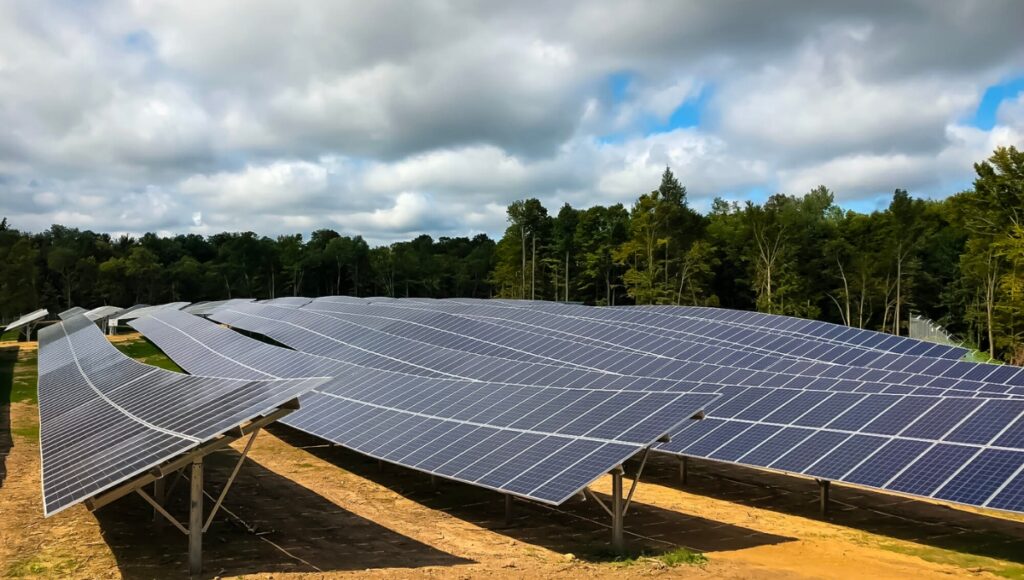
Pros and Cons of Community Solar Programs
Community solar programs offer an excellent way for renters to access clean energy without the significant investments associated with purchasing and installing a full-scale system. With community solar, renters can purchase or lease a portion of an existing solar array, benefiting from clean energy without installing their system. There are several advantages to this option:
The cost of community solar is typically lower than other solar solutions, such as leasing or renting a system.
Community solar also offers renters the opportunity to customize their energy needs. This allows them to purchase only the necessary electricity and avoid overspending on unnecessary capacity.
Finally, this program often involves no up-front costs, which is attractive to renters who don’t have the financial resources for significant investments.
While community solar has many advantages, there are also some drawbacks. One potential downside is that community solar programs are often limited in geographic availability, so renters may not have access to these programs in their area. Additionally, some programs may require renters to commit to a long-term agreement, which can be difficult for those constantly moving.
Pros and Cons of Plug-and-Play Solar Systems
Plug-and-play solar systems are an attractive option for renters who want to go solar but don’t have the space or permission from their landlord to install a full-scale system. In addition, these portable systems can be easily moved from one location to another, making them ideal for individuals who frequently change dwellings or live in multiple locations.
The main advantage of plug-and-play solar systems is that they require minimal installation and can be used almost anywhere. Additionally, these systems are often cheaper than many other solar solutions, making them a more affordable option for renters.
However, there are some potential drawbacks to consider. Plug-and-play solar systems are often limited in terms of power production, so they may not be able to meet the energy needs of everybody. Additionally, these systems require a great deal of maintenance and may need to be replaced more frequently than other solar solutions.
Pros and Cons of Negotiating with Landlords
Negotiating with landlords can be a great way for renters to access solar energy without the hassles of installation and maintenance. On the plus side, renters can choose from multiple energy sources and customize their solar energy system to meet individual needs. Additionally, renters may be able to negotiate better terms, such as lower costs or more favorable maintenance agreements.
On the other hand, renters may be limited in negotiating with landlords due to local laws and regulations. Additionally, some landlords may not be interested in investing in solar energy systems and will likely reject any requests from renters. Finally, negotiating a long-term contract can be difficult for those who often move or relocate.
How Can I Convince My Landlord to Let Me Install Solar Panels on My Rental Property?
Convincing your landlord may be tricky, but it’s certainly possible. First, show them the potential savings that can be achieved with solar energy. Then, show them how your monthly bills will decrease and explain how this will benefit both of you in the long run.
Next, offer to cover all costs associated with installing and maintaining the system. If possible, provide references from other landlords or tenants who have had a positive experience with solar energy systems.

Would My Landlord Be Willing to Pay for the Solar Installation if It Will Benefit Them in the Short and Long Term?
Absolutely! Explaining to your landlord the short and long-term benefits of solar is the best way to convince them. Show them the potential savings from monthly energy bills and highlight additional benefits, such as increasing the value of their property or improving tenant satisfaction.
Can Renters Who Go Solar Still Receive Electricity From the Grid if Their System Doesn’t Generate Enough Power?
Yes, if your solar system does not generate enough energy, you can still access electricity from the grid. This is known as net metering, allowing you to use any excess energy your solar system generates while still receiving power from the grid when needed. Additionally, many states offer financial incentives for renters participating in net-metering programs.
Conclusion
Renters have many options when it comes to going solar, and with a bit of creativity, they can take advantage of the benefits of solar energy.
There are many options for renters: leasing solar, signing up for community solar, plug-and-play solar, or negotiating with your landlord to install solar. Everyone’s situation will be different, so it is essential to consider the pros and cons of each option before making a decision. However, with some research and planning, going solar can be an attainable goal for renters.
Good luck!
